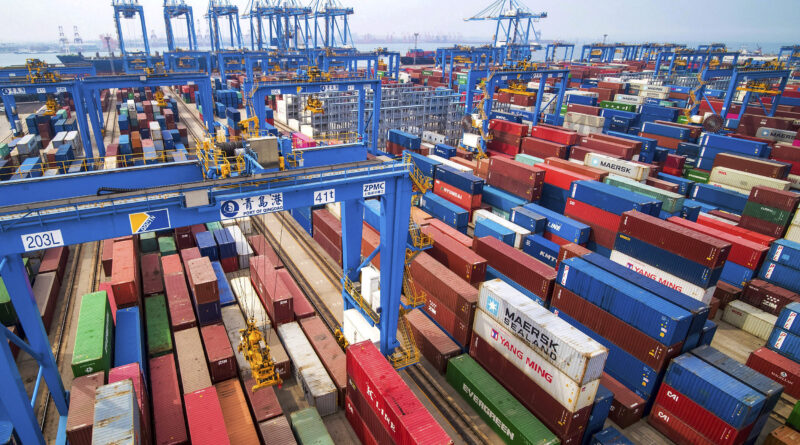Undoing Progress: The Repercussions of Lifting Import Restrictions on Nigerian Goods – A Setback for Local Industries
I thought the signature post in every news item during PMB’s eight years of the APC government was to remind us of how the PDP was reckless in spending hard-earned forex on the importation of Toothpicks, Rice, Cement, Palm oil products, Vegetable oils, Meat and processed meat products, Poultry, and processed poultry products, etc., thereby killing local manufacturing firms.
The mantra became, eat what you produce and wear Nigeria-made fabrics. Those were reasonable and should have been sustained. At least we saw a decline in the importation of rice and cement, which encouraged local production of both. The policy decapitated monopolies surrounding those items on the restriction lists.
Now that the restrictions have been removed, the toothpick importer, more connected than the petroleum marketer, has won the supremacy battle. Undoubtedly, instead of promoting import substitution, Nigeria is back to the rice and cement armada era in which “rebagging” and “repackaging” of products thrived more than manufacturing the products in Nigeria.
Take it or leave it; lifting these restrictions is at the expense of local producers with no financial resources to compete with foreign products. Those who enjoy eating foreign rice and, therefore, support the importation should know that they are exporting our children’s jobs and promoting unemployment in Nigeria. It is like taking two steps forward and thirty steps backward.
Taking the most straightforward way out would mean that fighting banditry and insurgency wars is lost because the importation of food is all you need to abandon the raging battles in the forest. To Nigerians who want cheaper foreign rice, be rest assured that we may soon be importing cassava products and its derivatives.
Before anybody reminds me that Saudi imports almost everything in sight, know that Saudi Arabia’s economy has grown in leaps and bounds by leveraging its strength in petroleum to become a critical voice in that sector. Saudi Arabia does not import petroleum products. Instead, it supplements its robust home-grown refining capacity with a 600,000-per-day Port Arthur Refinery in the US. Not forgetting that Saudi Arabia started its Sovereign Wealth Fund in 1971 and has over $700bn in the fund in 2021. In contrast, Nigeria started its sovereign wealth fund in May 2011 with $3.5bn in 2021.
No country rakes in dollars without a net exportation of finished products. May God give us life to see where this new policy takes
Grace and peace!!!.

